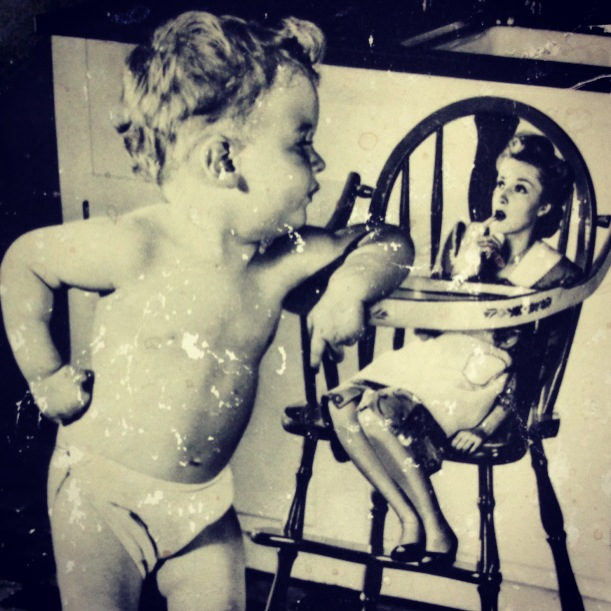24 Sep Play’s The Thing
Most parents understand that children learn primarily through play. Yet, when their child attends a play-based nursery school, they may wonder whether he or she is being challenged, being thoroughly prepared for elementary school, being exposed to “academics.” Studies show that rote learning at a young age does not stick. Children may develop a temporary edge over their playing peers, but it is just that, temporary. And while they are being taught and drilled, they are...











